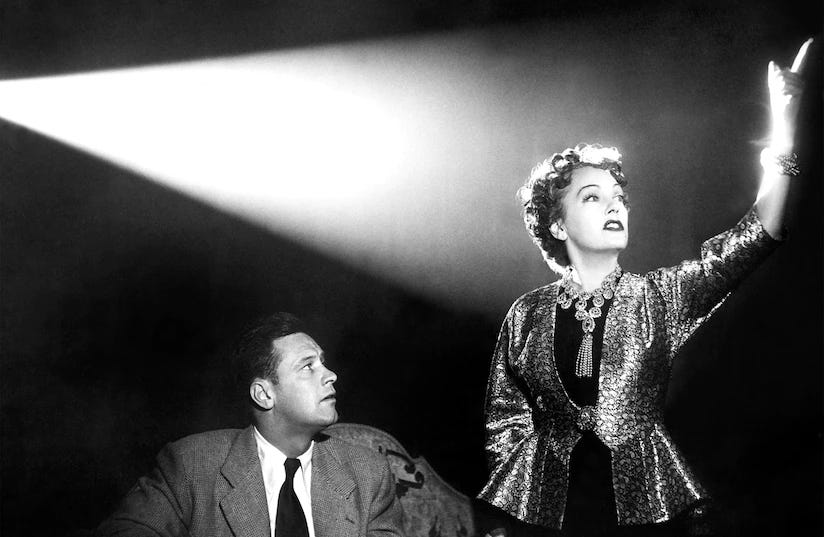It’s the pictures that got small
Why there aren’t heroes anymore
Much of the fighting over what to teach in schools comes down to the question of role models. Children learn by emulating adults; which adults should they emulate? The makers of the status quo? Or the shakers of the status quo?
In America the debate is as old as the republic. The last hero by consensus was George Washington, and even he was criticized during his final years in office. Part of the reason for Washington’s peculiar position was that he was both a shaker and a maker. As a soldier he led America in its rebellion against Britain, and then as president he consolidated the new American government under the 1787 Constitution.
But there was another reason for Washington’s singularity. He lived at a time when deference still characterized American politics. America was a republic, but most Americans—even most adult white males—couldn’t vote. Americans were willing to look up to their leaders and not ask too many questions about them.
Things changed within a generation. Andrew Jackson was loved by his supporters and loathed by his critics, but neither supporters nor critics felt any need to look up to Jackson. In the age of democracy, voters expected to look their elected officials level in the eye, man to man. Aloofness had been accounted a merit in Washington; from Jackson forward, familiarity—feigned or real—became a requisite.
Familiarity may or may not breed contempt, but it encourages closer scrutiny than most heroes can stand. This is especially so for heroes of political life. A soldier who draws enemy fire to save his comrades and dies in the act can be called a hero and no one has reason to question the labeling. But should he survive and run for president, his competitors will be sure to probe his private life and publicize his failings.
There is a deeper issue. Since Jackson, successful candidates have been compelled to display a common touch. They make voters believe they could be their friends. But the traits of the successful president are of a different order. Good friends are considerate, loyal and honest; good presidents are calculating, ruthless and devious. The presidents say this is in the national interest, but they invariably come to equate their own interests with the national interest, so the distinction is more nominal than actual.
Start with the ambition and ego required to imagine yourself president. Decades ago some journalist called it “fire in the belly,” and it’s often referred to positively, as a prerequisite for the successful candidate. But an all-consuming desire to get ahead isn’t what we look for in friends, who know when to give way to others. Should the raging egotism land the candidate in the White House, it gets stoked further. Presidents are surrounded by people who tell them how smart and wise and good they are, and how much the country needs them. A person already inclined to believe such things can’t resist the flattery. Presidents almost always have to be driven from office by term limits (de facto before the 22nd Amendment, de jure since) or by defeat for reelection. Only in the rarest cases—think James Polk and Calvin Coolidge—do successful presidents retire voluntarily.
The presidency isn’t the sole position where great success requires traits that can’t survive close examination. Martyrs and mystics, poets and pilgrims can be quiet and self-effacing, but leaders are usually the opposite. We celebrate leaders who stick to their principles in the face of long odds, who defeat the naysayers and remake the world according to their enlightened views. Generals have to be willing to send thousands of soldiers to their deaths; corporate executives have to cut losses and the jobs that cause the losses; prophets have to threaten infidels with eternal damnation.
The world moves forward grudgingly. Those who make it move have to employ the whip, the bribe, the lie. We might embrace the ends they achieve: independence, democracy, emancipation, prosperity, opportunity. But we balk at their methods—as though the ends could come by other means. Mother Teresa did fine work within her sphere, but her effect on India or even Calcutta was negligible.
In George Washington’s day, ordinary people didn’t expect to stand in judgment of their leaders. But we changed the rules as we made a reality of self-government. We wanted it both ways: we wanted heroes, but our heroes had to be people like us. For a long time we finessed the contradiction; sometimes we still do. But the circle grew harder to square. The further we’ve come from the great accomplishments of our past, the more we take them for granted, and the less heroic the accomplishers seem. And the more sensitive we’ve become to transgressions against our modern code of personal behavior, the harsher our judgments upon transgressors.
“You’re Norma Desmond,” says William Holden’s character in Sunset Boulevard. “You used to be in silent pictures. You used to be big.”
“I am big,” replies Gloria Swanson, as Norma. “It’s the pictures that got small.”
She could have been talking about American history. A big picture has a hero, a person who fights for a great cause. We’ve ruled out heroes; no wonder our history seems small.

